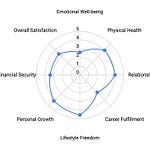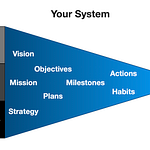This is a draft of Chapter 22 of the book I’m writing, Building the Invincible You. In it, I share a framework and strategies for:
Amplifying your power in your work and life.
Regaining your freedom to spend more of your time the way you wish you could.
Building the future you want for yourself and your loved ones.









